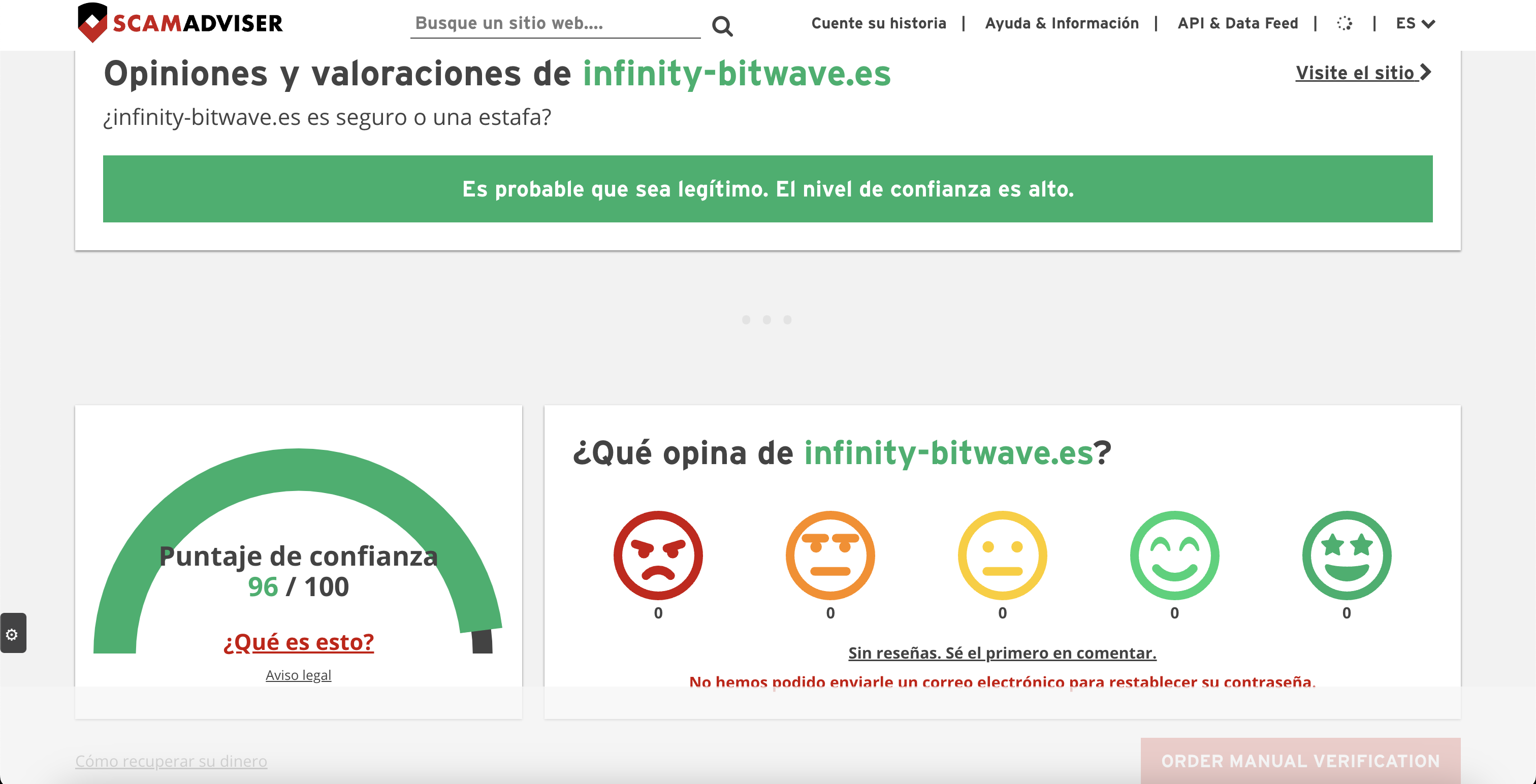In the world of blockchain technology, understanding the intricacies of the Ethereum Virtual Machine (EVM) and its addresses is crucial for navigating the ecosystem effectively. This article delves into what an EVM address is, shedding light on the role it plays in the broader landscape of Ethereum and other EVM-compatible blockchains. We will explore how these addresses are generated, their various types, and their interaction with smart contracts. Additionally, we will discuss the advantages, common use cases, and security considerations associated with EVM addresses, providing a comprehensive guide for both beginners and seasoned blockchain enthusiasts.
What is an EVM Address?
An EVM address is a unique identifier used within the Ethereum ecosystem and other EVM-compatible blockchains. These addresses are essential for sending and receiving transactions, interacting with smart contracts, and managing assets on the network. An EVM address is derived from a public key using cryptographic hash functions, ensuring that it is secure and difficult to replicate. Typically, an EVM address is represented as a 42-character hexadecimal string prefixed with ‘0x’. This standardized format allows for seamless integration and interoperability across various blockchain platforms that utilize the Ethereum Virtual Machine. Understanding the structure and application of EVM addresses is fundamental for anyone looking to participate in blockchain activities, whether for developing decentralized applications, trading cryptocurrencies, or simply transferring funds.
Understanding the Ethereum Virtual Machine (EVM)
The Ethereum Virtual Machine (EVM) is the heart of the Ethereum blockchain, serving as the runtime environment for smart contracts. It is a decentralized computing engine that ensures the execution of scripts and the proper functioning of the Ethereum network. The EVM mimics a global computer with each node in the network running a copy, enabling the decentralized applications (dApps) to function without interruption. Offering Turing-complete capabilities, the EVM can execute a wide variety of programming logic, facilitating the deployment of complex programmable contracts. By utilizing gas to gauge computational effort, the EVM ensures that resources are optimally used, bringing a layer of economic incentives to maintain efficient code execution. Understanding the EVM is vital for anyone looking to dive into the world of smart contracts and dApps development.
Importance of EVM Addresses in Blockchain
EVM addresses are fundamental to the functionality of the Ethereum blockchain and its ecosystem. They serve as unique identifiers for both user accounts and smart contracts, enabling seamless transactions and interactions within the network. Without EVM addresses, the decentralized nature of Ethereum would be compromised, as these addresses facilitate secure and verifiable exchanges of value and data. Moreover, EVM addresses ensure compatibility across multiple platforms, allowing for interoperability between different EVM-based blockchains. Their importance is underscored by their role in maintaining transparency, enhancing security, and supporting the execution of complex programmable agreements, which are the cornerstone of decentralized applications (dApps) and the burgeoning world of decentralized finance (DeFi).
How to Generate an EVM Address
Generating an EVM address is a fundamental process for interacting with Ethereum and other EVM-compatible blockchains. Typically, the process begins with the creation of a private key, a randomly generated 256-bit number. This private key is then used to derive a corresponding public key through elliptic curve cryptography. Afterward, the EVM address is obtained by taking the last 20 bytes of the Keccak-256 hash of the public key. This unique, 42-character address, prefixed by ‘0x’, serves as a public identifier on the blockchain network, enabling secure transactions and interactions with smart contracts. Understanding this process ensures the proper management of blockchain wallets and secure access to decentralized applications.
Types of EVM Addresses
In the Ethereum ecosystem, there are primarily two types of addresses: externally owned addresses (EOAs) and contract addresses. EOAs are controlled by private keys and used by individuals to hold and transfer ether. They are created through asymmetrical cryptography and require a private key to authorize transactions. On the other hand, contract addresses are generated when a contract is deployed to the network. These addresses are not controlled by a private key; instead, they operate based on the logic coded within the smart contract itself. Understanding the distinction between these address types is essential for effectively interacting with the Ethereum network. Each type has its specific purposes, capabilities, and security considerations that users must be aware of.
How EVM Addresses Work with Smart Contracts
EVM addresses play a critical role in the functioning of smart contracts on the Ethereum network. Each smart contract is assigned a unique EVM address upon deployment, which acts as its identifier on the blockchain. When users or other smart contracts want to interact with a specific smart contract, they reference its EVM address. Transactions sent to these addresses trigger the execution of the smart contract’s code, allowing it to perform a variety of functions such as transferring tokens, accessing data, or executing complex logic. The EVM ensures that all interactions are recorded immutably on the blockchain, providing a transparent and secure environment for decentralized applications. Understanding the mechanics behind these addresses is essential for developers looking to build or utilize Ethereum-based smart contracts effectively.
Advantages of Using EVM Addresses
One of the primary benefits of utilizing EVM addresses is their compatibility across various blockchain platforms that support the Ethereum Virtual Machine. This interoperability allows for seamless integration and communication between different decentralized applications (dApps) and services. Another significant advantage is the enhanced security features, such as cryptographic hashing and private key encryption, which safeguard user assets and data. The standardized format of EVM addresses also simplifies transaction processes, making it easier for developers to implement and users to understand. Moreover, the robust ecosystem around EVM-compatible networks provides extensive resources, tools, and community support, fostering innovation and collaboration. By enabling efficient and transparent interactions, EVM addresses facilitate the development of scalable and versatile blockchain solutions, catering to diverse use cases from finance to supply chain management.
Common Use Cases for EVM Addresses
EVM addresses play a pivotal role in the dynamic world of Ethereum and other EVM-compatible blockchains. One of the most prominent use cases is the facilitation of transactions involving Ether and other ERC-20 tokens. These addresses act as identifiers where assets can be securely sent and received. Beyond simple transactions, EVM addresses are integral in interacting with decentralized applications (DApps), enabling users to engage in activities such as gaming, decentralized finance (DeFi), and social networking on the blockchain. Additionally, they are essential for executing smart contracts, which automate processes and agreements without the need for intermediaries. Another significant use case is in the realm of non-fungible tokens (NFTs), where EVM addresses are used to manage ownership and transfer unique digital assets. Moreover, these addresses support staking and governance activities in decentralized networks, allowing users to participate in consensus mechanisms and decision-making processes. In summary, EVM addresses are versatile tools that underpin a wide range of functionalities within the Ethereum ecosystem, empowering users to transact, interact with DApps, execute smart contracts, manage digital assets, and engage in decentralized governance.
Security Considerations for EVM Addresses
Ensuring the security of EVM addresses is paramount in preventing unauthorized access and potential loss of assets. One of the primary considerations includes the use of secure key management practices, such as hardware wallets and multi-signature accounts. These methods add an extra layer of protection by requiring multiple approvals for transactions. Additionally, users should be vigilant about phishing attacks and malicious smart contracts that can compromise their addresses. Regularly updating software and employing two-factor authentication are also recommended to bolster security. Moreover, understanding the implications of public key exposure and the irreversible nature of blockchain transactions can help in adopting a more cautious approach. By staying informed and implementing robust security measures, users can safeguard their EVM addresses against various threats.
Frequently Asked Questions (FAQs) about EVM Addresses
As blockchain technology becomes increasingly prevalent, users often have questions about Ethereum Virtual Machine (EVM) addresses. Understanding these addresses is essential for anyone looking to effectively engage with Ethereum and other EVM-compatible ecosystems. This section aims to address the most frequently asked questions regarding EVM addresses, from their creation and types to their functionality and security. Whether you’re new to blockchain technology or a seasoned veteran, this FAQ will provide valuable insights to help you navigate the complexities of EVM addresses.



Leave a Reply